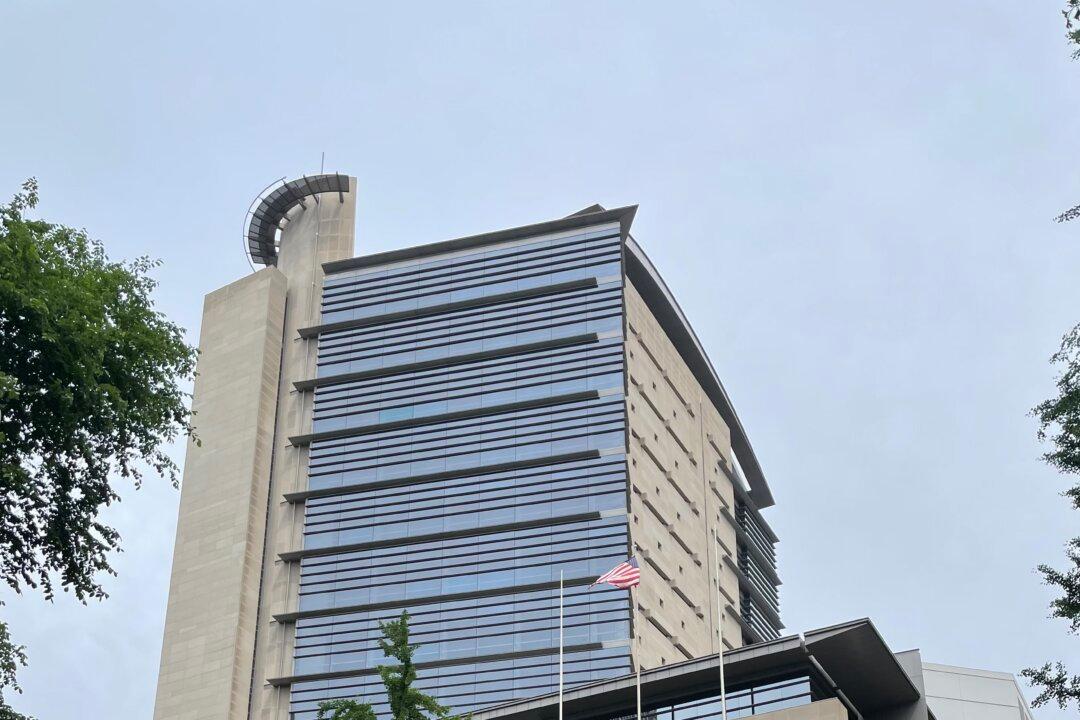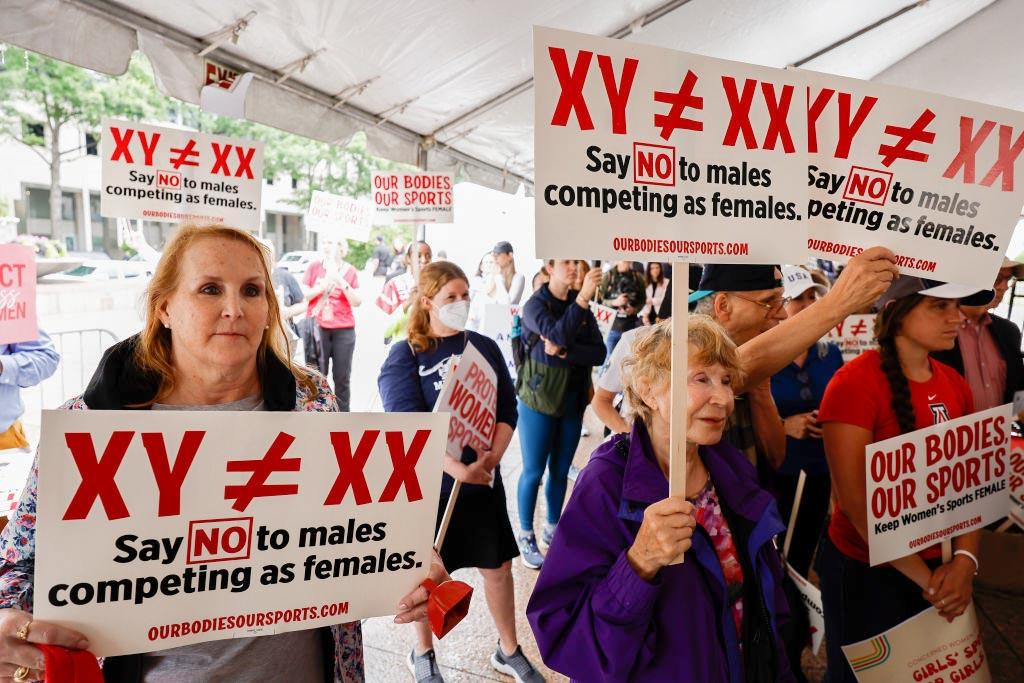A trial held in Portland last week aims to determine whether Oregon’s voter-approved gun-control measure is constitutional in light of a U.S. Supreme Court ruling last summer.
Should Ballot Measure 14 survive this legal test, the state would have among the strictest gun laws in the nation.
The measure at issue would ban the manufacture and sale of magazines capable of holding more than 10 rounds and require anyone who wishes to obtain a firearm to get a permit first. Permits will require taking a safety course, demonstrating competency with a firearm, paying fees, and completing a federal background check.
Passed by Oregon voters last November with just 50.7 percent of the vote, the measure has yet to be enforced pending an injunction granted by Harney County Judge Robert S. Raschio in a separate suit filed in state court.
Last week’s bench trial under Trump-appointed U.S. District Court Judge Karen J. Immergut is among the first challenges heard since the U.S. Supreme Court’s landmark ruling last year in New York State Rifle and Pistol Association v. Bruen.
That ruling changed the test that lower courts had previously used to evaluate challenges to firearm restrictions.
To uphold a gun restriction under the Supreme Court’s new test, a court must consider whether it is consistent with the country’s “historical tradition of firearm regulation” at the time the Second Amendment was written, among other considerations.
In December, Immergut declined to hear a motion for a temporary restraining order of the measure, writing that its burden on the Second Amendment right was “minimal.” But she also found the state unprepared to implement its permit-to-purchase program—a factor Raschio had also cited.
Whatever the outcome of last week’s trial, the case is likely to be appealed and widely expected to wind up in the U.S. Supreme Court, where the record of testimony, exhibits, and arguments from the Oregon case will be key.
The Parties’ Perspectives
Plaintiffs challenging the measure include three elected sheriffs, two Oregon gun store owners, the Washington-based Second Amendment Foundation, the Oregon Shooting Sports Association, and the Oregon Firearms Federation (OFF), an Oregon gun rights advocacy group.
They argued that Ballot Measure 114 would virtually end the legal sale of firearms in the state and deprive citizens of their Second Amendment rights under the U.S. Constitution.




